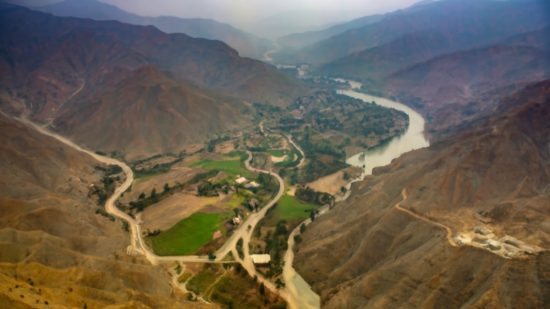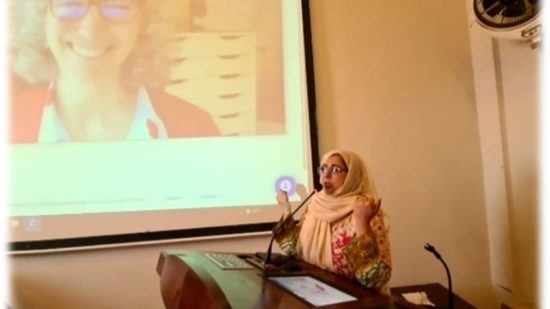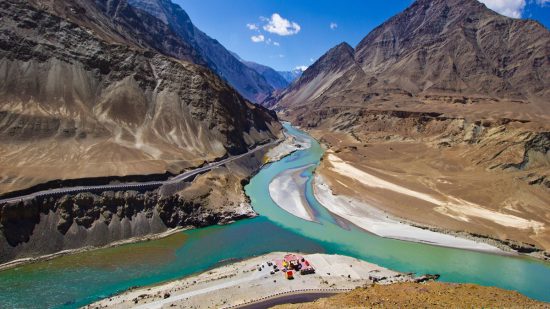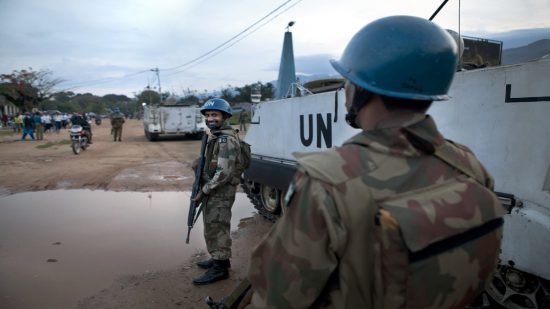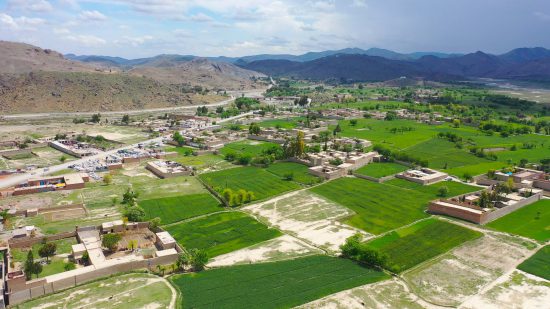Beyond Return and Resettlement: The impact of Exposure and Interactions on the Post-Conflict Development of North Waziristan
As the title suggests, our study documents the impact of exposure and interactions on the post-conflict development of North Waziristan. It avoids the reductionist approach of subjecting the discourse around Internal Displaced Persons (IDPs) to mere marginalized bodies. Instead, our study helps us understand how, through the ‘networks of interactions’ and exposure, returnees can meaningfully…
![]()

